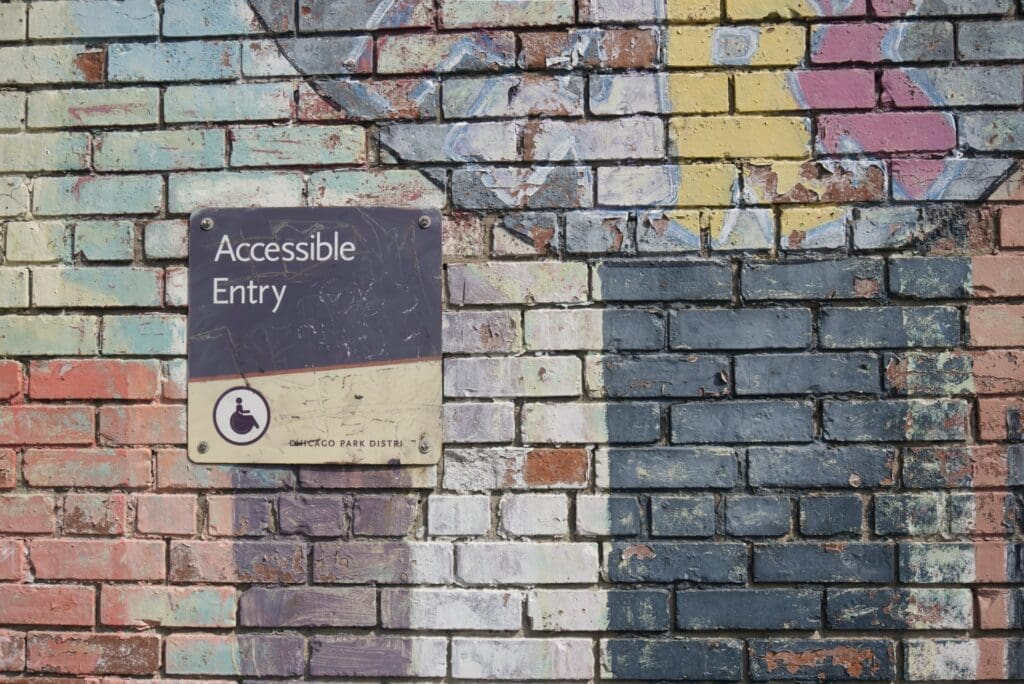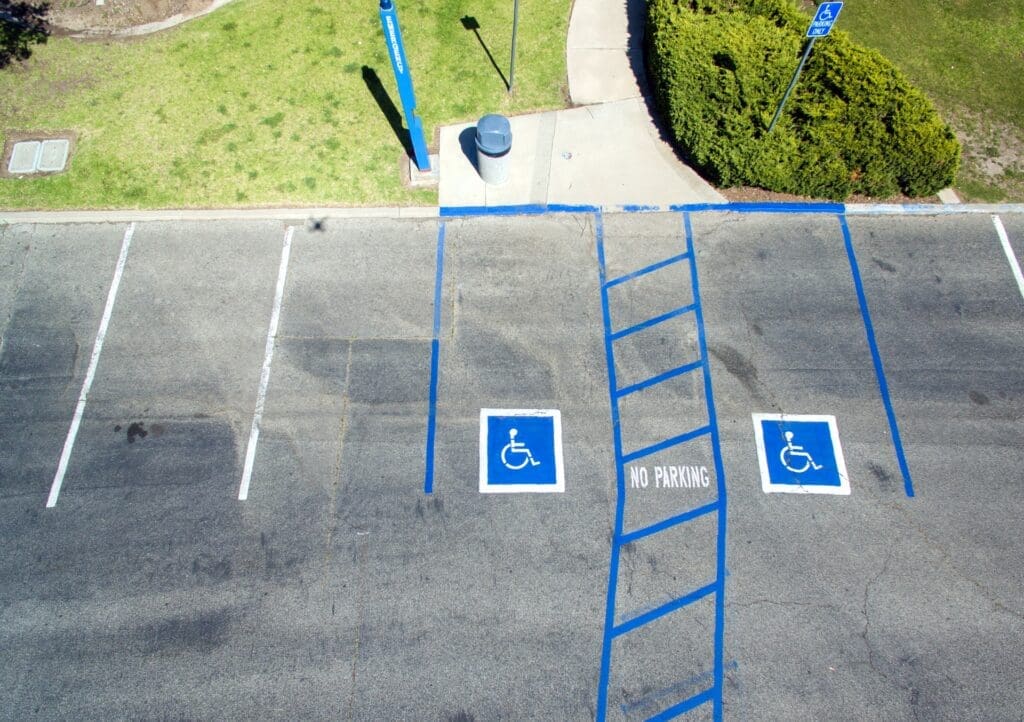Do you have Cerebral Palsy, and are you looking for a job? This article should help you to find a job that works for you…
When you have Cerebral Palsy, you are often limited in your working opportunities. This isn’t down to your physical and mental capabilities at all. In fact, it’s more down to the accessibility options in many workplaces.
Of course, by law, every workplace has to consider you for any role. That said, that doesn’t mean they’re physically equipped to suit your needs.
Because of this, there are a few considerations you should ensure are in place when you consider a job role. In this article, we’ll be highlighting some of these key considerations so you know what to look out for. Take a look…
What is Cerebral Palsy?
Cerebral Palsy is a disability caused by injury at birth. Lack of oxygen to the brain leads to a variation of physical defects, mainly affecting a person’s movement and speech. Specifically, some of the well-known symptoms of CP include:
- Delays in reaching development milestones
- Weak arms or legs
- Being either too stiff or too floppy
- Being fidgety
- Having jerky, clumsy and random movements
- Walking on tiptoes
- Swallowing difficulties
- Speaking problems
- Vision problems
- Learning disabilities
These symptoms can come and go and can vary in severity depending on the type of Cerebral Palsy a person has. They may also cause a lot of pain for some people due to the muscle spasms accompanying many of the above symptoms.
How Can Cerebral Palsy Affect Your Job Prospects?
Other than the potential learning difficulties that may come with CP, the only other noticeable differences are movement and speech troubles.
In terms of job prospects, this is unlikely to affect anyone except in a personal sense. Looking different can invoke a sense of uncertainly in people, so you may feel a little unsure about your new colleagues if they act this way.
What’s more, you may find that you are physically unable to do certain jobs that require a lot of manual labor. This is especially true if your movement difficulties are severe.
Otherwise, you might find that the facilities in your new job don’t meet your requirements in terms of accessibility. Despite the Equality Act 2010 providing ample protection against workplace discrimination, that may not mean that you feel right at home.
There is a fair bit of guidance for finding a job when you have CP on the Cerebral Palsy Guidance site. Be sure to read up on your rights and take a look at some of the support networks available to you on there.

What Types of Workplaces Should You Consider?
As we’ve seen, there are no right or wrong jobs for people with Cerebral Palsy. Although you might not necessarily be up for manual labor jobs, most desk or social jobs are likely to work for you.
That said, due to the physical difficulties Cerebral Palsy can cause, you might require a more flexible working environment than the average person. So, some of the things you should consider when looking for a job could include:
Friendly and Inclusive Working Environment
Of course, the Equality Act discussed above does mean that all employers have to consider you for any role. However, that doesn’t mean that you will always feel included and comfortable in any given working environment. It also doesn’t mean that people won’t underestimate you if you do end up with the job due to their unconscious bias.
Because of this, it’s important that you head into the workplace for an interview to get a feel for your potential new employees. This way, you can be sure that you won’t feel judged in this new environment and will feel able to do your job to the best of your abilities. Hopefully, this way, you can make some friends in the workplace along the way.
Flexible Scheduling or Part-Time Opportunities
When you have a disability, you may not be able to commit to a nine till five like everybody else. Whether this is due to ongoing doctors’ appointments and rehabilitation or becoming more tired day in and day out, it depends on your situation.
Either way, it might be wise to find a workplace that offers these flexible working opportunities. This way, you won’t be pressured to fit the norms of the traditional working life. You can also be sure that you’ll be working to the best of your abilities and when you’re feeling most productive.
Remote Working Options
In a similar sense, you might also find that having remote working opportunities is a lifesaver. Public transport isn’t always the easiest to catch when you have a disability, and going to and from work, every day can get tiring. So, having the option to work from home on days when your body isn’t up for it could really help you out.
Luckily, one positive of the pandemic has been that remote or hybrid working is now the norm in many workplace settings. So, you shouldn’t be as hard-pressed to find somewhere that offers these working packages.
Accessibility
When you are in the office, however, you want to feel supported in your work. For someone with Cerebral Palsy – or any other disability for that matter – adaptive devices and disability-friendly offices are paramount. This way, not only can you rely on the ease of movement throughout the office, you can be sure you can be as efficient in your work as possible.
Reserved Parking Spots
Many workplaces, especially those in the city, may not be directly near a parking spot that you can easily use. If they are, these spots could be incredibly expensive. Because of this, something as little as a parking space specifically for you could really help when going to and from the workplace.


Getting a Job with Cerebral Palsy?
As you can see, getting a job when you have CP shouldn’t be any harder than the average person, based on your rights. That said, that’s not to say that you won’t have to be alert for jobs that will fit your lifestyle more than others.
Ultimately, despite your physical disabilities, there is nothing to stop you from doing almost anything you set your mind to. Just be sure to do your research on the available support sites we’ve linked throughout this article. By knowing your rights, you may even end up with your dream job!
Please be advised that this article is for general informational purposes only and should not be used as a substitute for advice from a trained medical professional. Be sure to consult a medical professional or healthcare provider if you’re seeking medical advice, diagnoses, or treatment. We are not liable for risks or issues associated with using or acting upon the information on this site.
Featured Photo by Saulo Mohana on Unsplash




